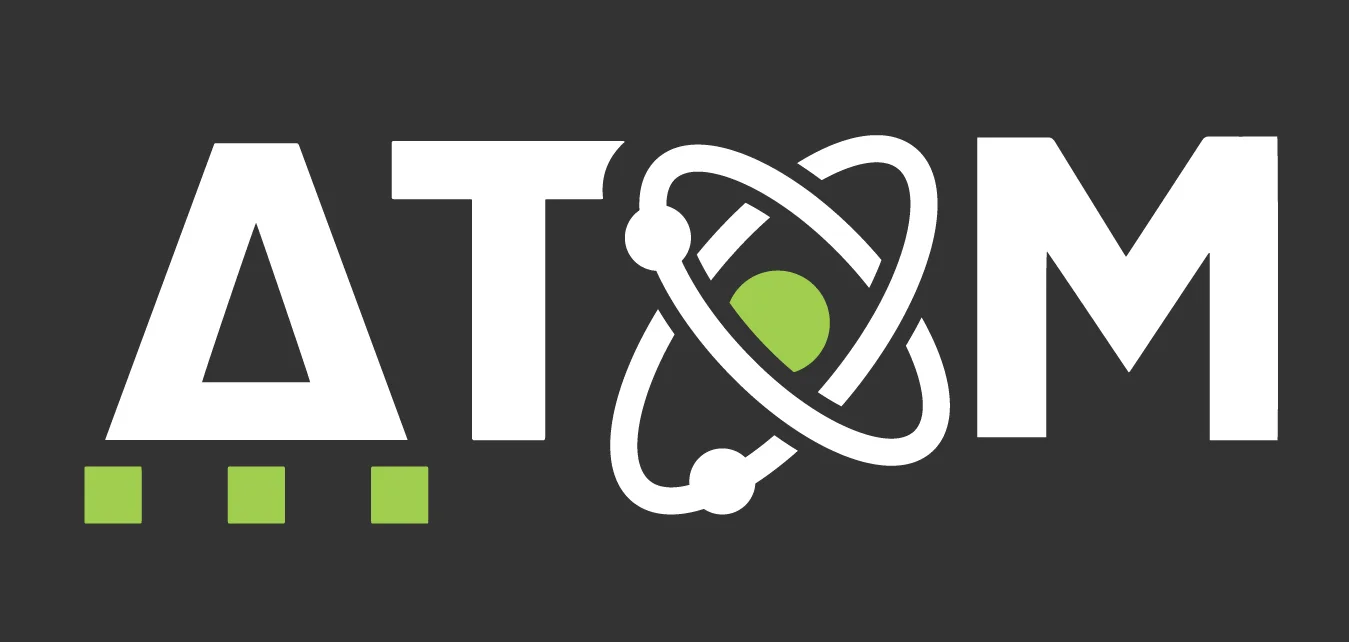Table of Contents
- Understanding Epilepsy and Its Symptoms
- CBD and its Potential for Epilepsy Treatment
- Clinical Studies and Evidence
- CBD Regulation and Accessibility in Canada
- Navigating CBD Treatment for Epilepsy
- Potential Side Effects and Safety Considerations
- Conclusion
- FAQs
Curious about CBD oil for epilepsy in Canada? This guide has all the essential information you need. From legality to treatment options, we’ve got you covered. Let’s dive into the world of CBD and discover its potential for managing epilepsy symptoms.
Understanding Epilepsy and Its Symptoms
Epilepsy, a neurological disorder, manifests differently and affects various individuals. It is characterized by abnormal electrical activity in the brain, leading to seizures. These seizures can vary in intensity, duration, and frequency, impacting individuals of all ages, genders, and ethnicities. In addition to seizures, epilepsy can cause other effects, such as cognitive impairment, mood disturbances, and physical limitations. The complexity of epilepsy highlights the pressing need for effective management strategies.
CBD oil and its Potential for Epilepsy Treatment
CBD, short for cannabidiol, is a chemical compound derived from the hemp plant. Unlike its counterpart THC, CBD does not produce psychoactive effects. Instead, it is garnering attention as a potential health supplement with many benefits, including managing epilepsy symptoms. While scientific research on CBD’s efficacy in treating epilepsy still evolves, anecdotal evidence suggests promising results.
Studies have shown that CBD interacts with the body’s endocannabinoid system, which is crucial in regulating various physiological processes. By modulating this system, CBD may help reduce seizure activity and relieve other symptoms associated with epilepsy. This has sparked hope among individuals and families affected by epilepsy seeking safe and effective treatment options.
CBD oil for epilepsy in Canada has gained popularity, with an increasing number of individuals exploring its potential benefits. Many anecdotal accounts describe individuals experiencing reduced frequency and intensity of seizures after incorporating CBD oil into their treatment regimen. While further research is necessary to validate these claims, the initial findings are encouraging.
In Canada, where the availability of traditional epilepsy treatments may be limited or associated with adverse side effects, the search for alternative therapies has become a priority. CBD oil, with its potential to manage epilepsy symptoms and its non-psychoactive nature, has emerged as a viable option for many individuals seeking relief.
By delving deeper into the relationship between CBD oil and epilepsy treatment, we can better understand its potential benefits, limitations, and implications for individuals in Canada living with this neurological disorder.
Clinical Studies and Evidence
Clinical trials investigating the effects of CBD on epilepsy have shed light on its potential as a treatment option. Several fundamental studies have focused on evaluating the impact of CBD oil on seizure frequency and severity in individuals with epilepsy.
In a landmark study published in The New England Journal of Medicine, researchers conducted a randomized, double-blind trial involving individuals with Dravet syndrome, a severe form of epilepsy. The results showed a significant reduction in convulsive seizures among the group treated with CBD compared to the placebo group.
Another notable study, published in the journal Epilepsia, examined the effects of CBD on patients with Lennox-Gastaut syndrome, another type of severe epilepsy. The trial revealed a substantial decrease in seizure frequency among those receiving CBD treatment.
While these clinical trials demonstrate promising results, it is crucial to acknowledge their limitations. Many studies have involved small sample sizes, limiting the generalizability of findings. Additionally, CBD’s long-term effects and optimal dosage for epilepsy treatment require further investigation.
CBD oil Regulation and Accessibility in Canada
In Canada, the Health Canada’s regulatory framework determines the legal status of CBD for epilepsy treatment . CBD products are available with a prescription and are regulated under the Cannabis Act. This legislation ensures that CBD products meet quality and safety standards, assuring individuals seeking CBD for epilepsy management.
Accessibility to CBD products in Canada varies. Licensed producers can distribute CBD oil through regulated channels like online platforms and physical dispensaries. However, availability is scarce in certain regions, and individuals may face challenges accessing CBD products in remote areas.
It is crucial for individuals considering CBD as a treatment option to navigate the regulatory landscape and understand the specific requirements for obtaining CBD products legally. Consulting healthcare professionals and engaging with licensed producers or dispensaries can provide valuable guidance.
Navigating CBD Treatment for Epilepsy
Before starting CBD treatment for epilepsy, consulting healthcare professionals is paramount. They possess the expertise to evaluate an individual’s medical history, current medications, and suitability for CBD therapy. Their guidance ensures the safe and effective management of epilepsy symptoms.
When selecting CBD products, several factors should be considered. First, it is essential to choose high-quality CBD oil from reputable sources. Look for products that undergo third-party testing to confirm their potency and purity.
Determining the appropriate dosage of CBD for epilepsy management is crucial. Healthcare professionals can help establish the initial dosage and provide guidance on potential adjustments based on individual responses. Starting with a low dose and gradually increasing it allows careful monitoring of its effects.
It is essential to know the potential interactions between CBD and other medications used to manage epilepsy. CBD can affect the metabolism of certain medications, leading to increased or decreased drug levels in the body. Healthcare professionals can help identify potential interactions and adjust medication dosages accordingly.
Potential Side Effects and Safety Considerations

While CBD oil shows promise as a treatment for epilepsy, it is vital to be aware of potential side effects. Some individuals may experience mild side effects such as fatigue, drowsiness, or changes in appetite. These effects are generally well-tolerated but should be monitored closely.
The optimal safety and efficacy of CBD oil require careful dosage adjustments. Healthcare professionals can guide individuals in finding the proper dosage for their specific needs. Starting with a low dose and gradually increasing it allows for personalized titration.
CBD can interact with other medications used for epilepsy. It may affect the metabolism of certain drugs, leading to altered levels in the bloodstream. It is crucial to discuss potential interactions with healthcare professionals and make appropriate adjustments to medication dosages.
Conclusion
CBD oil shows promise as a potential treatment for epilepsy in Canada. Clinical studies have demonstrated reduced seizure frequency and severity, indicating its potential efficacy. However, further research is needed to understand its long-term effects and determine the optimal dosage fully. Navigating the regulatory landscape and consulting healthcare professionals are essential for safe and effective CBD treatment. With caution and professional guidance, individuals with epilepsy can explore CBD oil as a promising option to improve their quality of life.
FAQs

Can CBD treat epilepsy?
CBD has shown potential as a treatment option for epilepsy. Clinical studies have demonstrated reduced seizure frequency and severity among individuals using CBD. However, consulting with healthcare professionals for personalized advice and guidance is essential.
What stops seizures?
CBD has been reported to have anticonvulsant properties, which means it may help reduce the occurrence of seizures. However, the exact mechanism of action is still being studied. Other traditional antiepileptic medications and treatments may also effectively manage seizures, depending on the individual’s condition.
Can a person with epilepsy lead an everyday life?
Yes, many individuals with epilepsy can lead everyday lives. With proper management, including medication, lifestyle modifications, and support from healthcare professionals, individuals with epilepsy can pursue education and careers and engage in various activities.









